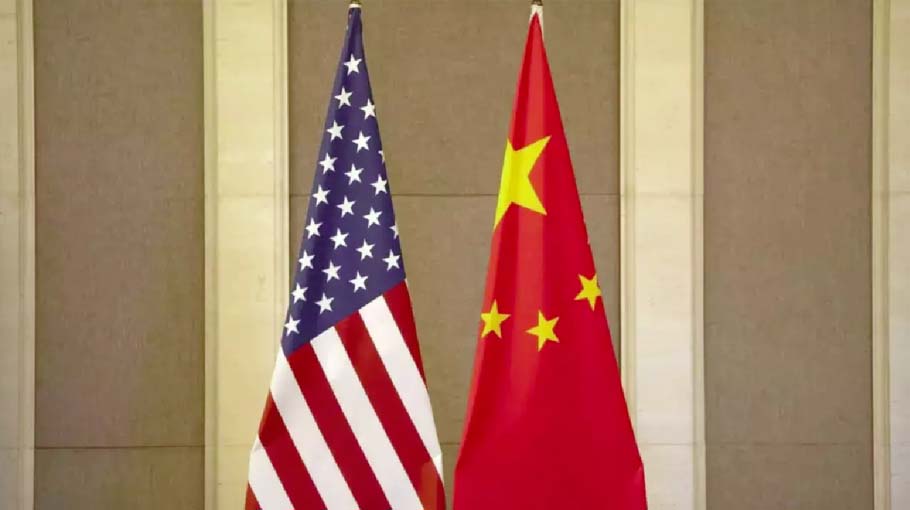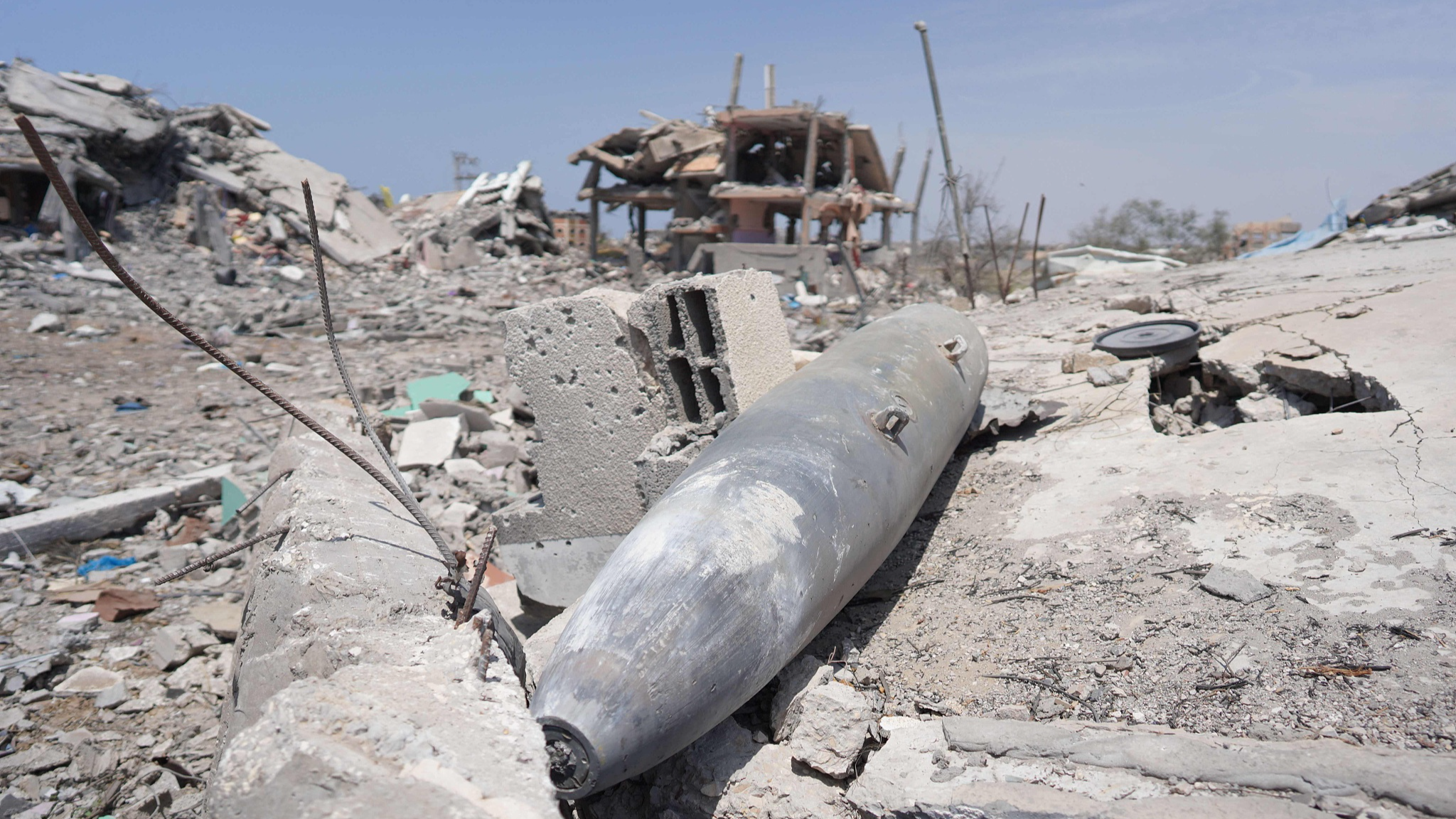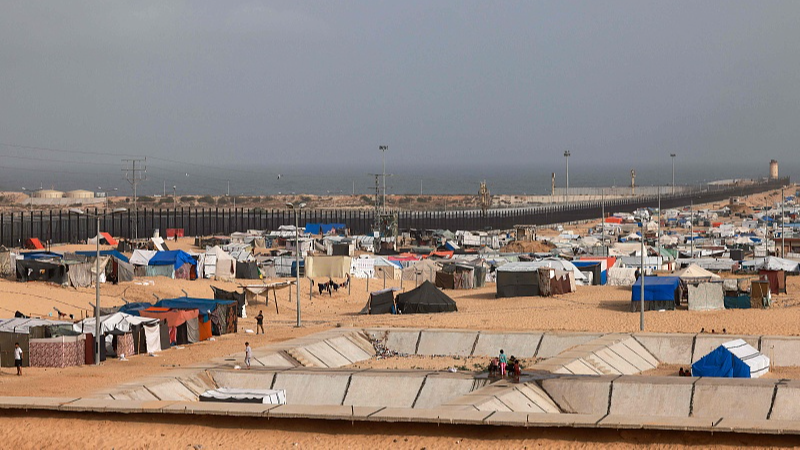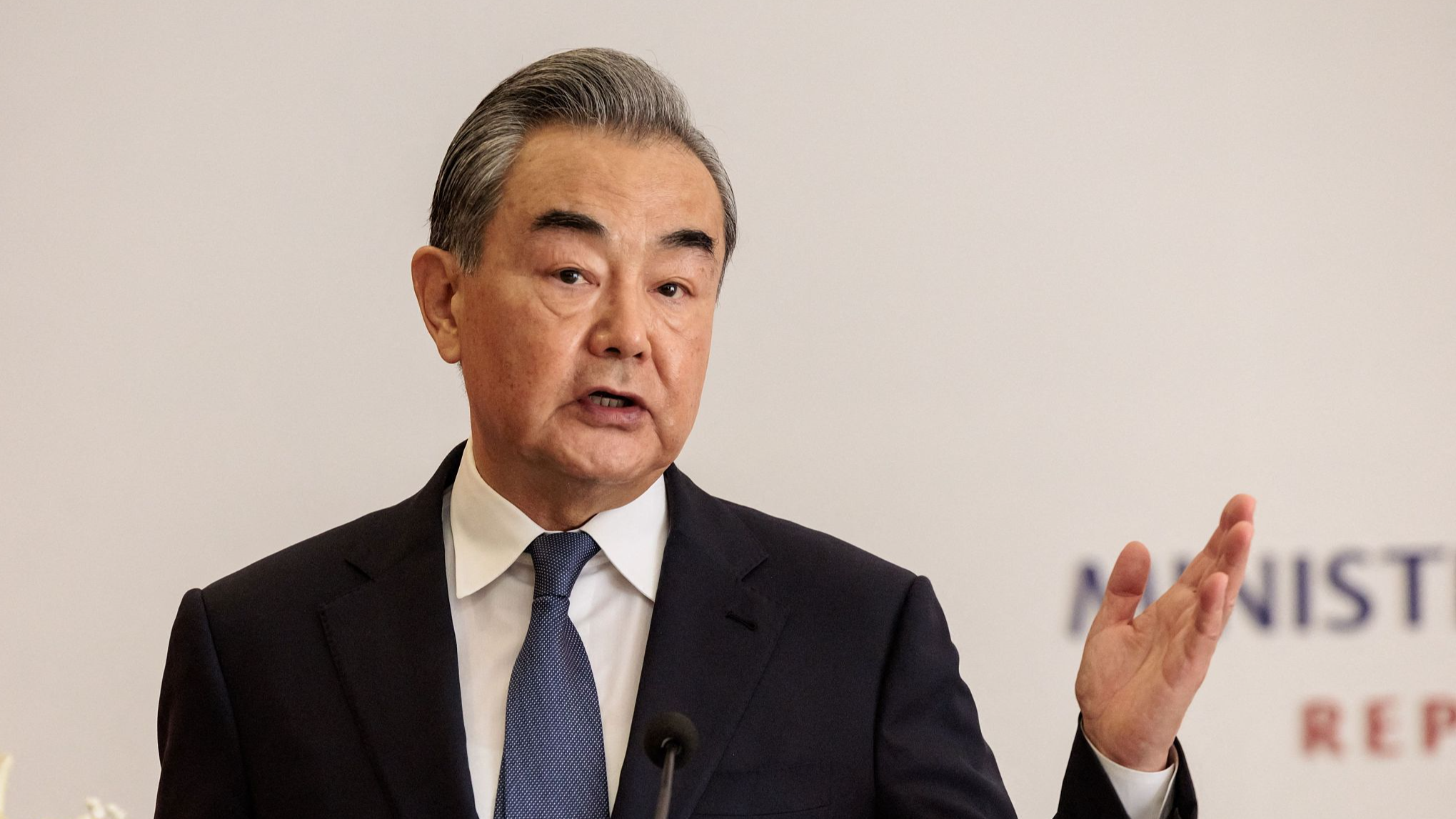Experts tell of expectations for APEC gathering in San Francisco
A successful outcome to this week’s meeting between the top leaders of China and the United States would set a positive tone and agenda for the two countries’ relations, experts said.
Observers interviewed by China Daily voiced expectations for the one-on-one meeting between President Xi Jinping and US President Joe Biden during the China-US summit and the Asia-Pacific Economic Cooperation Economic Leaders’ Meeting in San Francisco.
Kenneth Quinn, president emeritus of the World Food Prize Foundation and a former US Foreign Service officer, said, “I believe that there is extreme urgency for a Biden-Xi summit to take dramatic and impactful action to turn the US-China relationship in a more positive direction.”
Quinn said the bilateral meeting at heads-of-state level could enhance and stabilize the relationship, which only recently has shown signs of emerging from its lowest level in decades.
Once the US presidential election cycle — which usually features rhetoric attacking China — starts in January, there will likely be no further opportunities for any significant or even small steps by Washington, Quinn added.
The face-to-face meeting will be the first between the leaders of the two largest economies since they met in Bali, Indonesia, a year ago.
As relations frayed in the months that followed, Beijing urged Washington to take action to implement the important consensus reached by Xi and Biden.
Stephen Roach, a senior fellow at the Paul Tsai China Center at Yale University, wrote on Oct 26 that another Xi-Biden summit could be a “sorely needed” second chance, and it must be “scripted for success”.
“It definitely feels as if both presidents are better prepared for San Francisco than they were for Bali,” Roach said. “However, while preparation is necessary, it is not sufficient for a successful summit.” He was referring to the increased bilateral high-level engagement in recent months.
Senate Majority Leader Chuck Schumer led a bipartisan US Senate delegation to China last month, the first visit to the country by US lawmakers since 2019.
Xi told Schumer that competition and confrontation are not consistent with the trend of the times, and still less can solve problems and address challenges facing the world.
Before Schumer’s visit, four top Biden administration officials had traveled to China since June: Secretary of State Antony Blinken, Treasury Secretary Janet Yellen, Special Presidential Envoy for Climate John Kerry and Commerce Secretary Gina Raimondo.
Outlining Washington’s approach to US-China relations, Yellen said the US seeks to work with China on global challenges ranging from climate change to debt distress. It does not seek to decouple from China, but is “de-risking” to avoid compromising on areas such as national security.
Yellen’s trip to China in July resulted in the first meeting of the China-US Economic Working Group, which was held late last month.
“We know the US-China relationship is among the most consequential in the world. We need to get it right,” Yellen said early this month.
Roach said that for the summit to be successful, the focus should be less on sloganeering — such as last year’s putting a “floor” beneath relations, or this year’s “de-risking” — and more on clear and achievable objectives, such as reopening closed consulates and enhancing people-to-people exchanges.
It is then necessary for China and the US to underscore a shared recognition of two threats facing both countries — climate change and global health — and work out an institutionalized model of engagement that provides a permanent, robust framework for continuous troubleshooting and problem-solving, Roach added.
Positive tone
Gary Hufbauer, a senior fellow at the Peterson Institute for International Economics, a think tank based in Washington, said the San Francisco meeting should set a positive tone for relations.
The urgency of the summit partly stems from the Russia-Ukraine and the Israeli-Palestinian conflicts, he said, adding, “Either one could spark a larger war, which neither China nor the US wants.”
Other experts, expressing cautious optimism about the outcome of the meeting, listed the “minimum” outcomes expected.
Scott Kennedy, senior adviser and trustee chair in Chinese business and economics at the Center for Strategic and International Studies in Washington, described the state of China-US relations as “fragile stability”.
While it is unlikely that the two nations will return to a honeymoon period mainly centered on cooperation, he said there is a possibility that they could achieve steady “competition without conflict”.
“This would require each side to recognize that outright conflict must remain off the table, and to take steps to make initiation of conflict more difficult, and that there are a variety of areas in which cooperation is still highly valuable,” Kennedy said.
He hopes that “at a minimum”, steps will be taken to renormalize people-to-people connections, including more direct flights, simplified visa procedures for travelers, more visas for journalists, and that the Chinese consulate in Houston, Texas, and the US consulate in Chengdu, Sichuan province, will be reopened. Both consulates were closed in 2020.
Timely step
For Robert Zoellick, former US trade representative and former president of the World Bank, the Biden-Xi summit will be a “good and timely step” for bilateral relations, which have spiraled downward in the past year.
“Both countries should want to avoid risks of miscalculations or accidents that could escalate. So I hope the two militaries will resume a dialogue, and especially crisis communications,” he said.
Zoellick, whose 2020 book America in the World: A History of US Diplomacy and Foreign Policy identifies traditions that have emerged from the US’ global encounters, said China prefers formulating principles to guide actions on individual issues, while the US tends to begin with practical problem-solving, which it also sees as a way to build confidence.
“Perhaps this meeting might seek to find a blend of principles and actions. At a minimum, the two leaders can listen closely to the perspectives, interests and constraints of one another,” he said.
China and the US might also explore a cooperative agenda with multilateral financial institutions, especially the International Monetary Fund and the World Bank, where both countries can work with others to help the poorest nations grow and become more resilient, Zoellick said.
“Some developing countries will need help with debt restructuring, and even forgiveness. The AIIB (Asian Infrastructure Investment Bank) can cooperate with the World Bank and the Asian Development Bank on infrastructure,” he added.
Zoellick said he expected the leaders to also discuss the COP28 climate summit, due to be held in Dubai late this month, and for which US-Chinese cooperation “has to be the cornerstone” of global action.
Kerry, the US climate envoy, and his Chinese counterpart Xie Zhenhua held talks this month at the Sunnylands desert resort in California, also the venue for Xi’s first US summit in June 2013.
At that summit, Xi and then-US president Barack Obama agreed to build a relationship that would avoid the “Thucydides Trap” — conflict between a rising power and an established one.
In his discussions with Schumer on Oct 9, Xi revisited that theme, saying that the Thucydides Trap is not inevitable, and the Earth is vast enough to accommodate the respective development and common prosperity of China and the US.
The perspectives on the Thucydides Trap are a testimony to the consistency of the country’s policy on China-US relations.
Source(s): Chaina Daily

 News5 days ago
News5 days ago
 News5 days ago
News5 days ago
 News5 days ago
News5 days ago
 News6 days ago
News6 days ago
 Sports3 days ago
Sports3 days ago
 News5 days ago
News5 days ago
 World6 days ago
World6 days ago
 Travel & Culture6 days ago
Travel & Culture6 days ago























